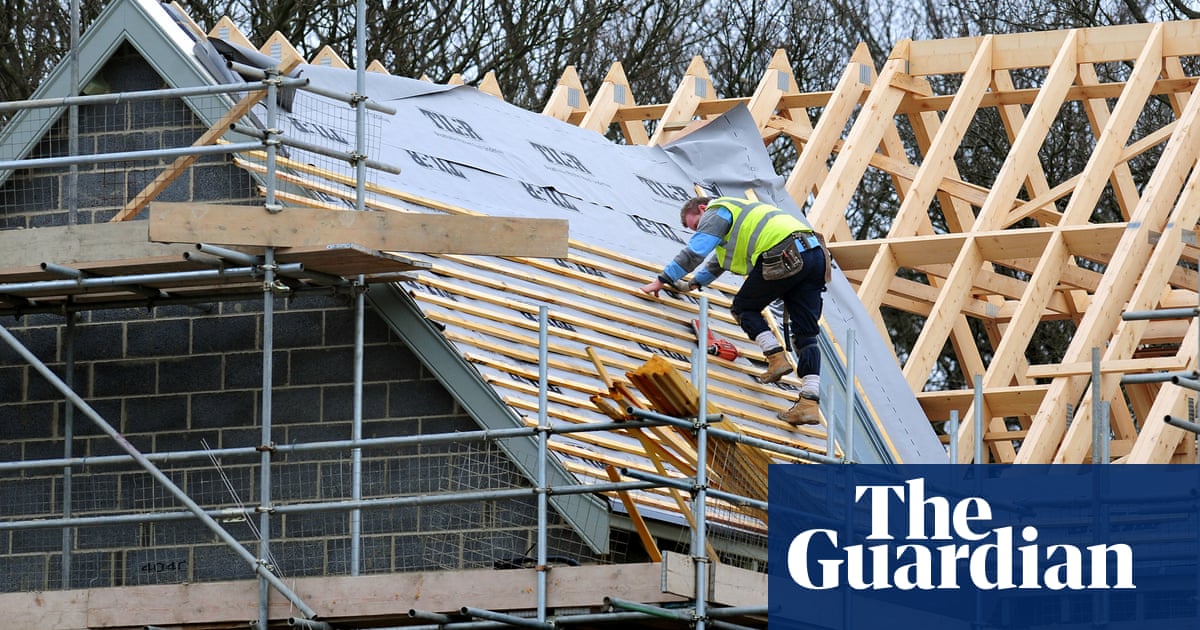
Ministers are planning to remove all mandatory mask and social distancing restrictions in England on 19 July, but national guidance may still encourage caution in high-risk areas such as public transport.
A number of key scientific advisers including England’s chief medical officer, Chris Whitty, and the government’s chief scientific adviser, Patrick Vallance, are said to be behind ministers’ plans to lift restrictions, though they have cautioned that the NHS may come under pressure in the winter.
However, hospital bosses fear the reopening date will lead to a new spike in admissions due to Covid. NHS Providers, which represents hospital trusts in England, warned it could lead to the cancellation of surgery and other care.
“Trust leaders are increasingly confident that vaccines are breaking the chain between infections, serious illness and deaths. But they are understandably nervous about what a wholesale lifting of restrictions on 19 July could mean for the NHS”, said Saffron Cordery, the organisation’s deputy chief executive.
“We are dealing with a fast-moving, ever-changing picture and the reality on the frontline is that even a small increase in Covid-19 admissions or emergency care pressures could affect our ability to deliver non-Covid services in a context where many staff are exhausted.”
Several NHS trust chief executives, speaking on condition of anonymity, warned that hospitals were not well-equipped to deal with a new surge in Covid cases because they were already so unusually busy for the time of year.
One said they were “nervous” about the likelihood of greater social mixing after 19 July leading to more people becoming infected, ending up very ill and needing hospital treatment. Another voiced unease about the impact of people who are already mingling in pubs.
A third said more than 100 nurses in their trust were already off isolating because they or someone in their household were infected, saying: “I feel anxious at the moment about the roadmap.”
Hospital bosses are becoming increasingly frustrated that fully vaccinated staff are having to isolate even if they have tested negative. Cordery said: “These rules can be disruptive, so it’s important to ensure they are evidence-based and kept under close review.”
Boris Johnson’s spokesperson said the vaccine programme was having its expected effect at preventing a similar surge in hospital admissions as happened during the previous two waves.
“I think it’s important to make the point about where we are in this battle against this epidemic. It is due to our ongoing success of the vaccine programme and wider mitigations that we are in a position that, despite having a significant increase in cases, that is not feeding through into big rises in hospitalisations and death,” the spokesperson said.
Further details about the final planned stage of unlocking are expected to start being drip-fed from Monday, with a senior government source saying “pitch-rolling” would begin to lay the ground for an official announcement the following week.
“Any advice on masks is likely to be guidance rather than regulations,” one Whitehall source said. “Our hope is that all legal restrictions can go.”
However, Whitty is also said to be optimistic after discussions with the new health secretary, Sajid Javid, who is not ideologically opposed to some caution. Whitty called him “data driven” and is soliciting evidence from officials he can use to present the case to Javid to proceed cautiously.
Whitehall sources said they were keeping the option of using Covid certification to keep mass events open through the winter.
The Premier League, which is expected to be told it can fill stadiums to capacity when the season starts in August, has been a key backer of the scheme and hopes to be able to implement Covid status checks as a back-up plan if seasonal pressures lead to calls for more restrictions.
One government source said that there was the potential to use Covid certification more widely this winter rather than reimpose any restrictions. “It may have a wider utility if there’s a big surge in winter,” the source said.
Another source said that although mask regulations could be lifted safely now, advice could also be hardened in the autumn.
Some senior local leaders such as the London mayor, Sadiq Khan, are known to be uneasy at the decision to leave mask-wearing up to guidance or to personal responsibility on high-capacity networks such as the London Underground and believe changes could discourage use of public transport.
Khan’s spokesperson said it was important to continue to follow the science around limiting transmission. “Evidence shows that the wearing of face masks gives many Londoners the confidence that they can travel safely on public transport,” the spokesperson said.
Face-covering rules on public transport come under national regulations and local authorities and bodies such as Transport for London (TfL) could set their conditions of carriage relating to face coverings but a City Hall source said in practice this would be very difficult because of conditions in the TfL funding agreement.












